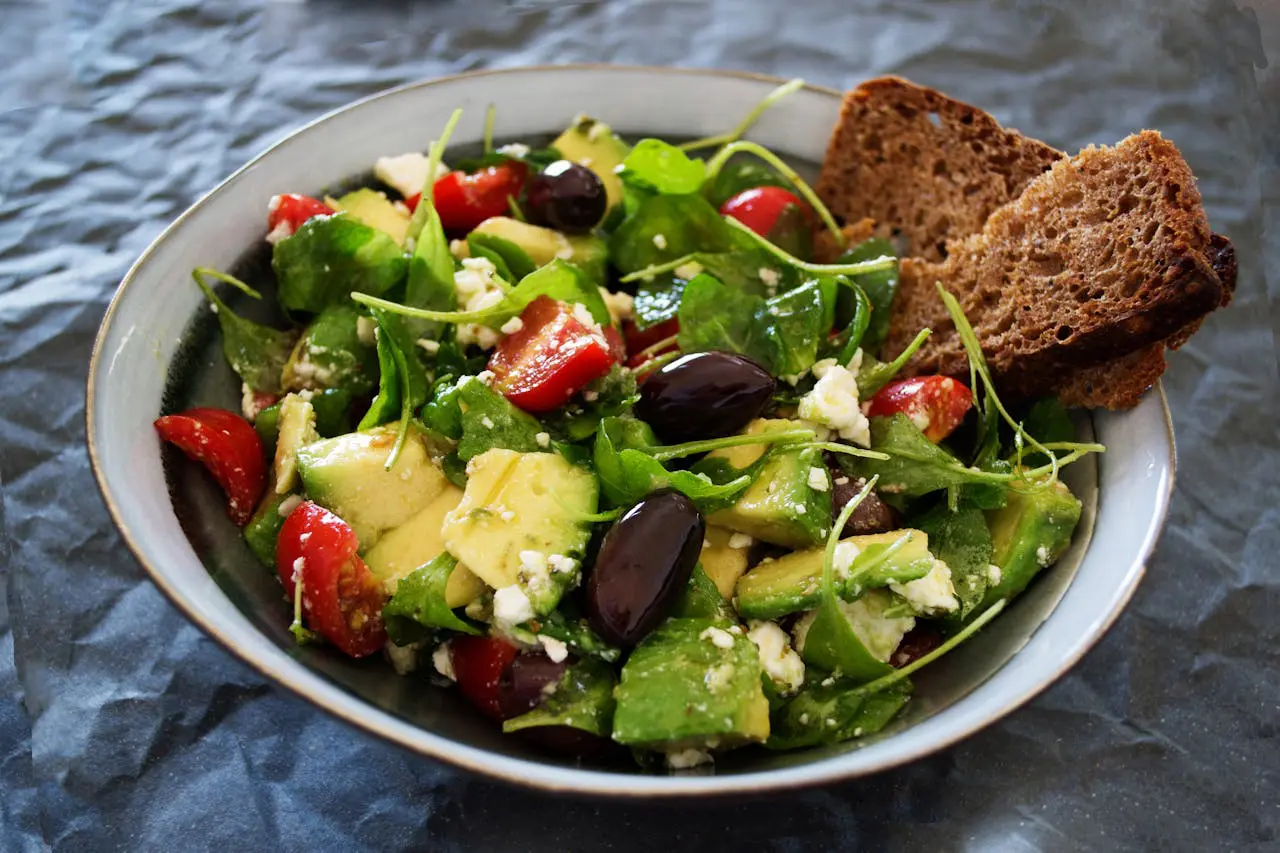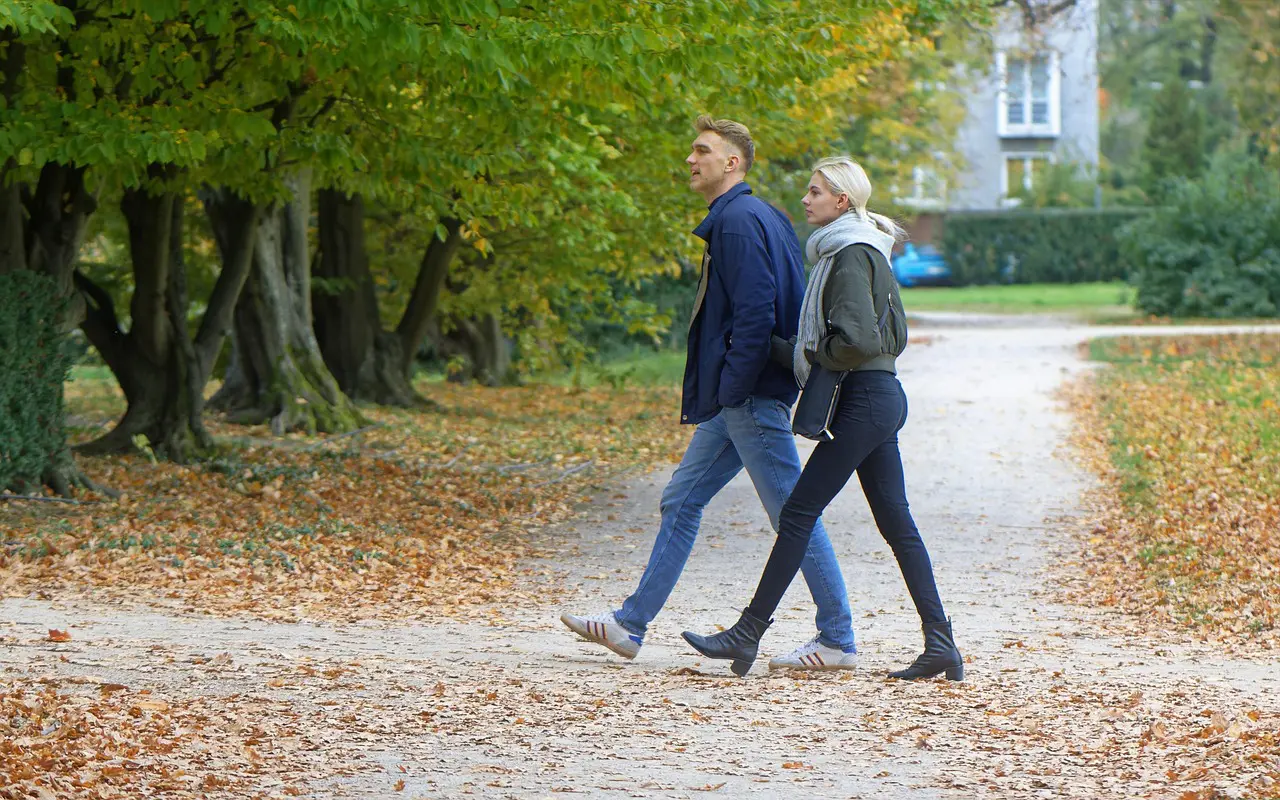Have you ever checked out those heartfelt stories– or listened to older family members– where they say things like, “I wish I had taken much better care of myself when I was more youthful, so I ‘d be healthier now and living a fuller life”?
It’s a sentiment a number of us have actually heard, and it often comes with a tinge of regret. Individuals usually look back and state they must have exercised more, eaten better, handled their stress, gave up smoking earlier, slept more consistently, or invested in relationships that genuinely mattered.
These reflections are effective reminders: take care of your mind and body now, before you’re required to.

The motivating news is that science concurs– and it’s not too late. A landmark Veterans Affairs research study involving more than 700,000 people revealed that embracing simply a handful of healthy habits can include not simply a few extra years, but 20– 25 more years of life.
And the very best part? You do not require to be perfect. Even adopting two or three of these routines can yield life-altering bene
Disclaimer: This article is for informative and instructional purposes just. It is not medical suggestions. Constantly seek advice from a qualified healthcare specialist before making any way of life changes, specifically if you have existing health conditions or concerns.
You do not need to adopt all eight to see advantages– even simply a few can include significant years to your life.
Takeaway: Longevity is not about excellence. It’s about stacking basic, protective practices gradually.
1) Move your body (and fitness actually matters)

Why it works: Cardiorespiratory fitness(CRF)is among the greatest, most constant predictors of lower death– across lots of mates. A 2024 umbrella meta-analysis reports that high CRF correlates with markedly lower all-cause and disease-specific death. Resistance (strength) training adds independent advantages, with a ~ 15% lower all-cause mortality danger vs. none, and a most likely U-shaped dose-response (benefits around ~ 60 minutes of weekly lifting).
Even strolling 8,000+ actions on just 1– 2 days/week is connected to lower 10-year mortality.
How to start:
- Good/better/best: 10-minute brisk walk after meals → 150 minutes/week of moderate cardio → add 2 brief full-body strength sessions.
- Time-crunched? The “8k steps 1– 2 days” discovering methods even weekend warrior walking helps; consistency enhances returns.
2) Do not smoke (and if you do, the best day to stop is today)
Why it works: Smoking cigarettes remains a dominant, preventable killer. New population data paint the cost clearly: each cigarette is linked with about 20 minutes of life lost, and quitting provides gains that accrue within weeks to months.
A minimum of here I can state that I am safe. I do not like smoking, and I also avoid secondhand smoke.
How to start:
- Attempt behavioral support and follow their suggestions
Treat relapse as information, not failure– reset and continue.
3) Avoid opioid abuse (and treat OUD early if present)
This is a rather obvious observation. No substance abuse benefits the body.
Why it works: Opioid usage condition (OUD) substantially elevates death threat. Proof reveals opioid agonist therapy (e.g., buprenorphine, methadone) roughly halves all-cause death vs. time out of treatment; policy tools like risk-mitigation guidance are likewise associated with sharp mortality reductions in at-risk patients.
How to begin:
If you or an enjoyed one battles with opioids, look for treatment quickly– mortality threat drops during treatment.
4) Manage stress (your heart and lifespan notice)

Why it works: High perceived stress is linked to a higher occurrence of heart disease and higher mortality(often in a dose-response pattern ). Newer analyses suggest tension direct exposure might be particularly tied to midlife death, which disproportionately affects life span. Lower chronic tension (and the physiologic “allostatic load” it activates) most likely reduces danger. (here I have 3 research studies for you: 1, 2, 3)
How to begin:
- Micro-doses of relief: 5 minutes of box breathing, body-scan meditation, or a brisk walk throughout tense minutes.
- Daily anchors: 10– 15 minutes of mindfulness, gratitude journaling, or prayer; one device-free meal.
- Leverage movement: Workout is a double win– physical fitness + stress relief.
5) Eat for durability

Why it works: Across friends and meta-analyses, Mediterranean-pattern diets track with lower all-cause and CV mortality (≈ 23% lower all-cause danger in older adults), much better swelling and insulin resistance profiles, and improved brain outcomes. A 2024 JAMA Network Open analysis in 25,000+ U.S. ladies found ~ 23% lower sudden death danger with high adherence. Mechanisms include anti-inflammatory results, vascular health, and a much healthier gut microbiome. (PubMed and others)
How to begin (no chef required):
- Swap: Butter → olive oil; refined grains → entire grains; processed meats → legumes/fish.
- Add: A handful of nuts most days; beans 3– 4 ×/ week; leafy greens + vibrant veg daily.
6) Drink less (or not at all)
Why it works: The VA study concentrated on avoiding regular binge drinking. Contemporary proof reveals that extreme alcohol increases all-cause death and has risen dramatically as a cause of U.S. deaths. Even low levels confer cancer danger, with a growing agreement versus advising alcohol for health. (research study)
How to start:
- Track consumption: set 2– 3 no-alcohol days/week.
If cutting back is hard, check out behavioral support.
7) Sleep well (both enough and consistently)
Why it works: Years of data connect short sleep and long sleep to greater mortality; more recent work highlights regularity (consistent timing) as vital for metabolic and cognitive health.
Target 7– 9 hours for a lot of grownups and a routine sleep– wake rhythm. (For more information, checked out 1 and 2)
How to start:
- Safeguard your window: consistent bedtime/wake time ( ± 30 minutes).
- Early morning light, night dim: daylight anchors your circadian clock; dim, screen-light-reduced nights cue melatonin.
- Stimulant hygiene: caffeine curfew ~ 8 hours before bed.
Produce a night routine for durability that supports you!
8) Buy relationships (loneliness is a health risk)

Why it works: The size and quality of our social ties predict survival as highly as numerous traditional danger aspects.
A landmark meta-analysis found that more powerful social relationships were associated with a 50% increased likelihood of survival; later syntheses and updates continue to reveal that social seclusion and loneliness raise mortality danger. (read 1, 2, 3 for more details on this topic)
How to begin:
- One everyday touchpoint: a 2-minute voice note, a walk with a neighbor, a shared lunch with a colleague.
- Join & contribute: a class, faith group, volunteer shift– scheduled contact beats self-discipline.
“Even a few routines help”– and the science backs that
The VA analysis and subsequent AJCN paper enhance that partial adoption still moves the needle: each extra practice is connected with incremental threat decrease and longer life span. For activity particularly, studies show significant advantage at modest doses (e.g., 8k steps 1– 2 days weekly decreased 10-year death), while strength training uses advantages with little weekly time investments. Translation: choose 2 or three practices you can sustain, begin imperfectly, and stack from there. (American Journal of Scientific Nutrition)

Bonus offer: Brain-health synergy you can utilize at any age (specifically after 40)
Multidomain way of life programs– movement + diet + cognitive/social engagement– have actually now shown measurable cognitive benefits in randomized trials and global efforts (FINGER, U.S. GUIDELINE). For midlife readers, this is your cue: the very same routines that extend life-span likewise secure healthspan (memory, attention, daily function).
Micro-stack to attempt this week:
- After-dinner 15-minute walk (movement) → call a buddy while you walk (connection) → leafy salad + beans with dinner (diet) → quick gratitude note before bed (tension). That’s four practices in 25 minutes.
Quick-start playbook (evidence-aligned)
Based upon all the details from the various research studies provided above, here is a synthesis that may be useful:
- Movement: Aim for 150 min/week moderate cardio plus 2 short strength sessions. If hectic, hit 8k steps on 2+ days and add 1 strength circuit in the house.
- Diet: Develop meals around plants, legumes, entire grains, nuts, olive oil, fish; reduce processed meats and ultra-processed snacks.
- Sleep: Lock a 7– 9 h window; protect wind-down time; morning light, night dim.
- Alcohol: Keep it low; avoid binge drinking; consider alcohol-free weeks for a reset.
- Tension: Practice a daily 10-minute relaxation or mindfulness slot; set it with a repaired hint (after coffee/ before lunch).
- Social: Put two repeating connections on your calendar (weekly walk + month-to-month dinner).
- Tobacco/OUD: Seek evidence-based support; treatments reduce mortality.
The bottom line
You don’t require a best routine or a monk’s discipline. The best proof states: choose a number of these practices and begin now. Stack one little win per week. In time, you’ll construct the sort of way of life that the VA research study– and a growing stack of international research study– relates to longer life and sharper years.
Complete Disclaimer
This short article is based upon current clinical research studies, including the Veterans Affairs way of life study and other big accomplice analyses. While the practices described are highly related to longer life expectancy and better health results in population research study, they may not use to everybody.
-
This content is not medical guidance and must not be utilized to detect, treat, or prevent illness.
-
Your private threats depend on individual health history, genetics, and medical conditions.
-
Always consult a medical professional before making major changes to diet, workout, sleep, alcohol, or compound use.
-
If you are experiencing concerns with substance usage, stress, or psychological health, seek professional assistance right away.
Utilize this short article as a science-based guide, however make choices in collaboration with your doctor.
Picture sources: 1, 2, 3, 4, 5, 6
